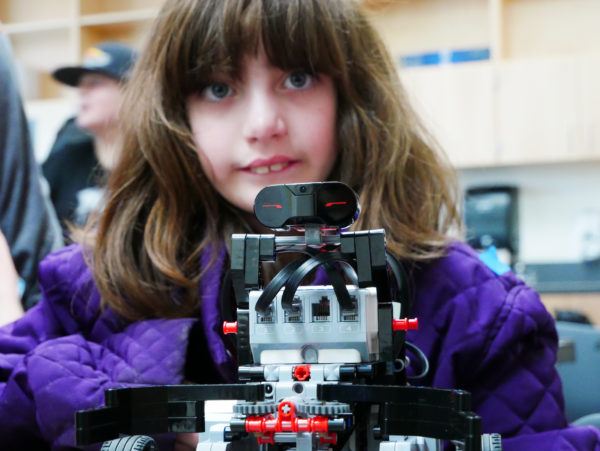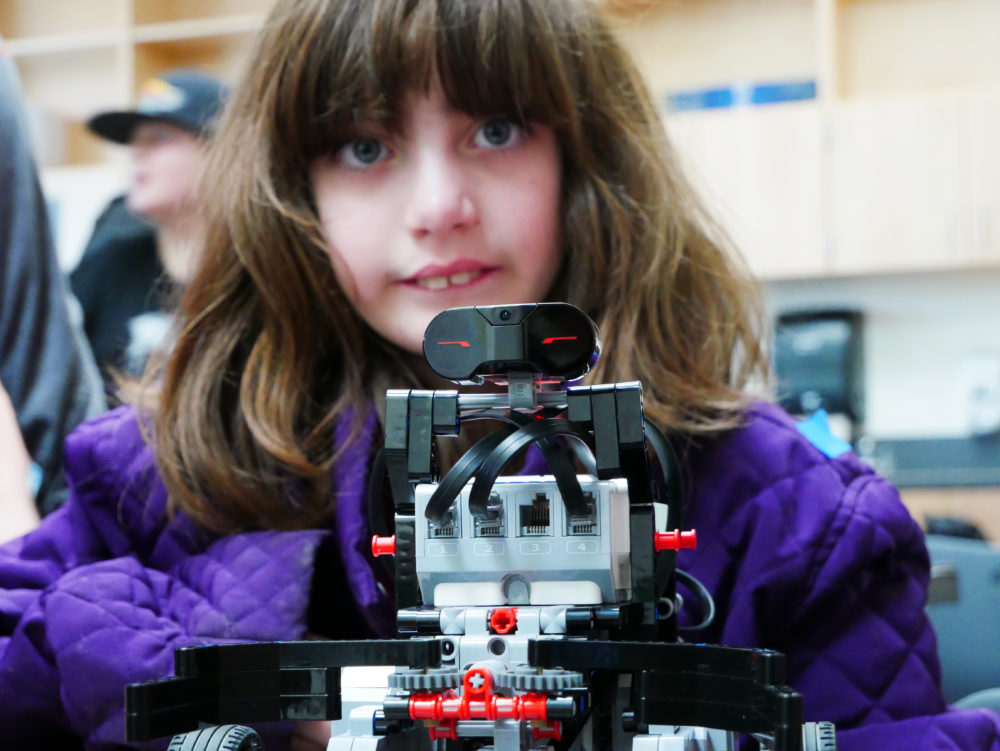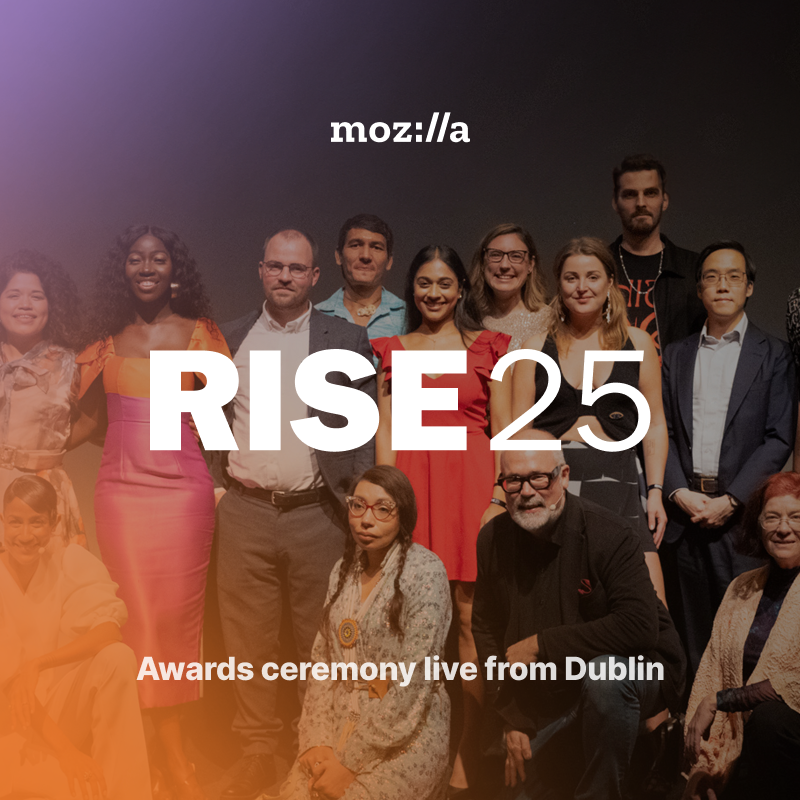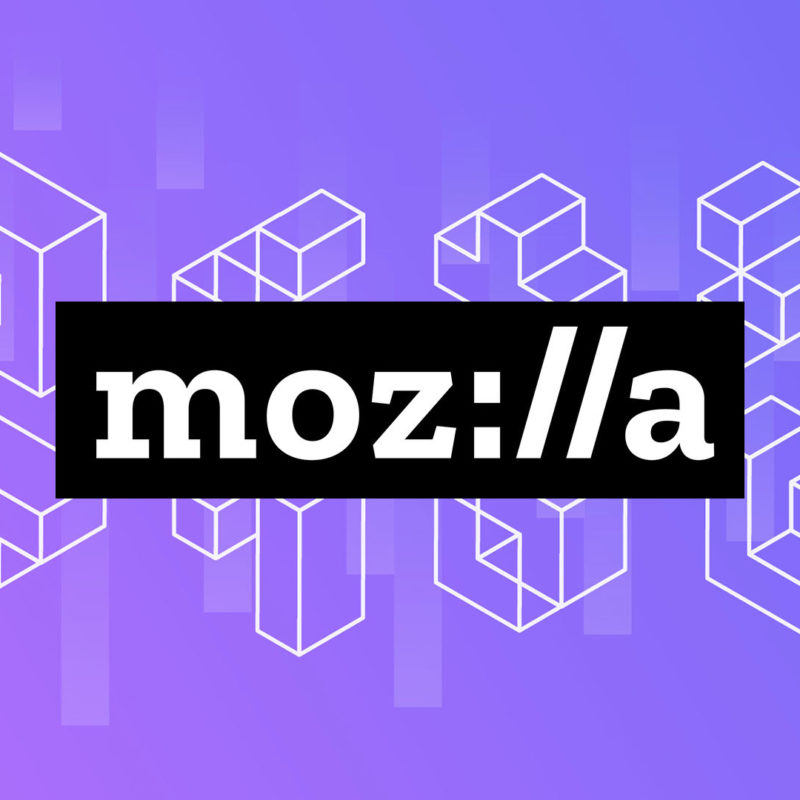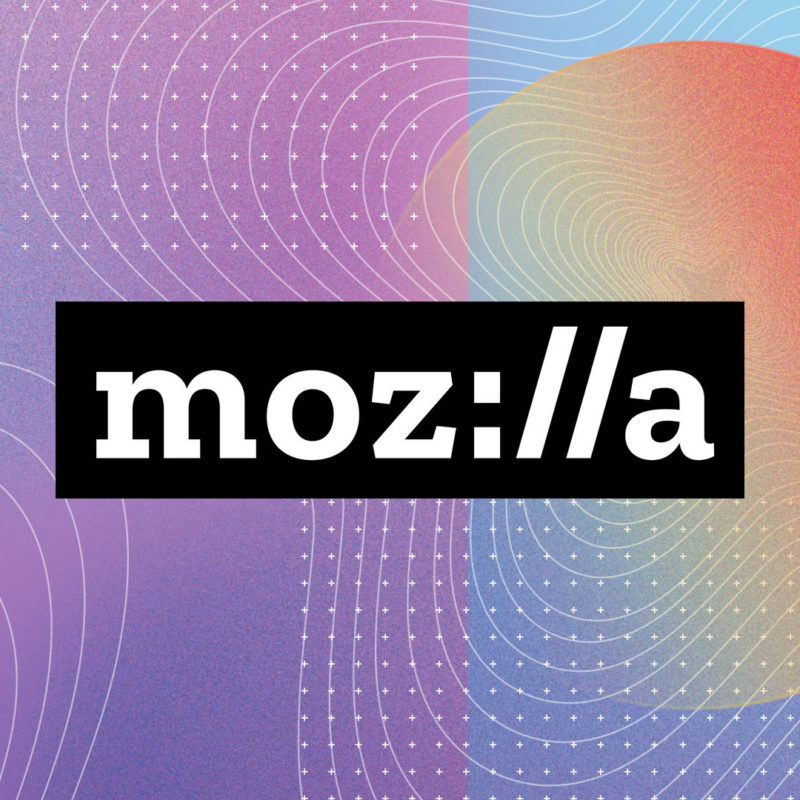Mozilla is supporting 14 tech-for-good initiatives in Oregon, Texas, Tennessee, and beyond
Today, Mozilla is awarding $280,000 to community technologists who are leveraging gigabit internet for good.
We’re providing grants to 14 projects in five American cities: Lafayette, LA; Eugene, OR; Chattanooga, TN; Austin, TX; and Kansas City. Grants range from $10,000 to $30,000.
The projects are diverse: they include a virtual reality experience that shows first-hand the drastic effects of climate change; an interactive Python curriculum for students in low-income school districts; and a program that empowers high school students as environmental watchdogs with the help of advanced mapping software.
What all these projects have in common: they tap into high-speed fiber networks to improve local education and workforce opportunities.
“Each of these promising projects leverages lightning-fast internet to make a positive impact in their communities,” says Lindsey Frost Dodson, who directs Mozilla’s gigabit initiative. “This work — being led by school districts, nonprofits, and for-profits — can create more connected, open, and innovative U.S. cities.”
These 14 grants are part of the Mozilla Gigabit Community Fund, a partnership between Mozilla, the National Science Foundation, and U.S. Ignite. The Fund has granted more than $1.2 million to over 90 projects during its six-year history. Learn more about the Fund in the short film at the bottom of this post.
The Projects
Lafayette Gigabot Coding Initiative | Lafayette, LA This project trains elementary and middle school teachers in connected robotics and cloud-based programming. Teachers then integrate these topics into their curriculum. Led by Lafayette Parish Public Schools
Virtual Reality Ecoliteracy Curriculum | Lafayette, LA This project uses virtual reality to show students the real-world impacts of climate change and coastal erosion. It spotlights the plight of “climate refugees” — a displaced Native American tribe in coastal Louisiana. Led by University of Louisiana at Lafayette
A Community In Motion | Lafayette, LA This project trains high school students in livestream, broadcast and 4K technology, positioning them as community journalists and storytellers. Led by Youth Literacy Foundation of Acadiana
New Hope STEM Club Gigabot Project | Lafayette, LA For this project, middle school students will receive cloud-based programming lessons from members of the Black Male Leadership project at University of Louisiana. Led by New Hope Community Development of Acadiana
Giga-Scapes | Eugene, OR Using internet-connected board games, this project allows people hundreds of miles apart to play together. It also features STEM workshops for local students, taught by game-industry experts. Led by Tech Tone Graphix
Gigabit Residencies | Eugene, OR This project provides virtual reality and video game development training to teachers at low-income schools. Led by Lane Arts Council
Real Time Wetland Restoration Mapping and Analysis | Eugene, OR This project empowers at-risk students as environmental watchdogs — teens will use Geographic Information Systems (GIS) to track land restoration initiatives. Led by Bethel Education Foundation
Educational Equity VR | Eugene, OR This projects uses virtual reality training to help eliminate teachers’ unconscious biases — and, as a result, mitigate disproportionate suspensions and expulsions for minority students. Led by Treadwell Ventures LLC
Opening Access to Virtual Worlds | Eugene, OR This project provides training in the fields of virtual reality and video game development for community members. Led by Eugene Public Library
Cross-Community Kvasir-VR | Lafayette, LA and Chattanooga, TN This project allows middle and high school students to take interactive virtual reality field trips to solar energy plants. Led by University of Louisiana at Lafayette
Networking the Classroom of the Future | Chattanooga, TN and Austin, TX This project uses 4K streaming to bring content from museums and research facilities into classrooms. Led by The Enterprise Center
Path to Python | Austin, TX and Eugene, OR This project provides an interactive Python curriculum to students in low-income schools. Led by Kiwi Compute, LLC
LOLA-Enabled Puppet Theaters | Chattanooga, TN and Kansas City This project uses internet-connected robotic puppets, 3D printing, and other emerging technologies to teach history in local classrooms. LOLA stands for “low latency audio visual streaming.” Led by Red Bank High School
LOLA in Lafayette Pilot Program | Lafayette, LA and Chattanooga, TN This project uses low latency audio visual streaming to create a cross-city learning day on Make Music Day in June 2018. The two cities will share their musical traditions. Led by Acadiana Center for the Arts
